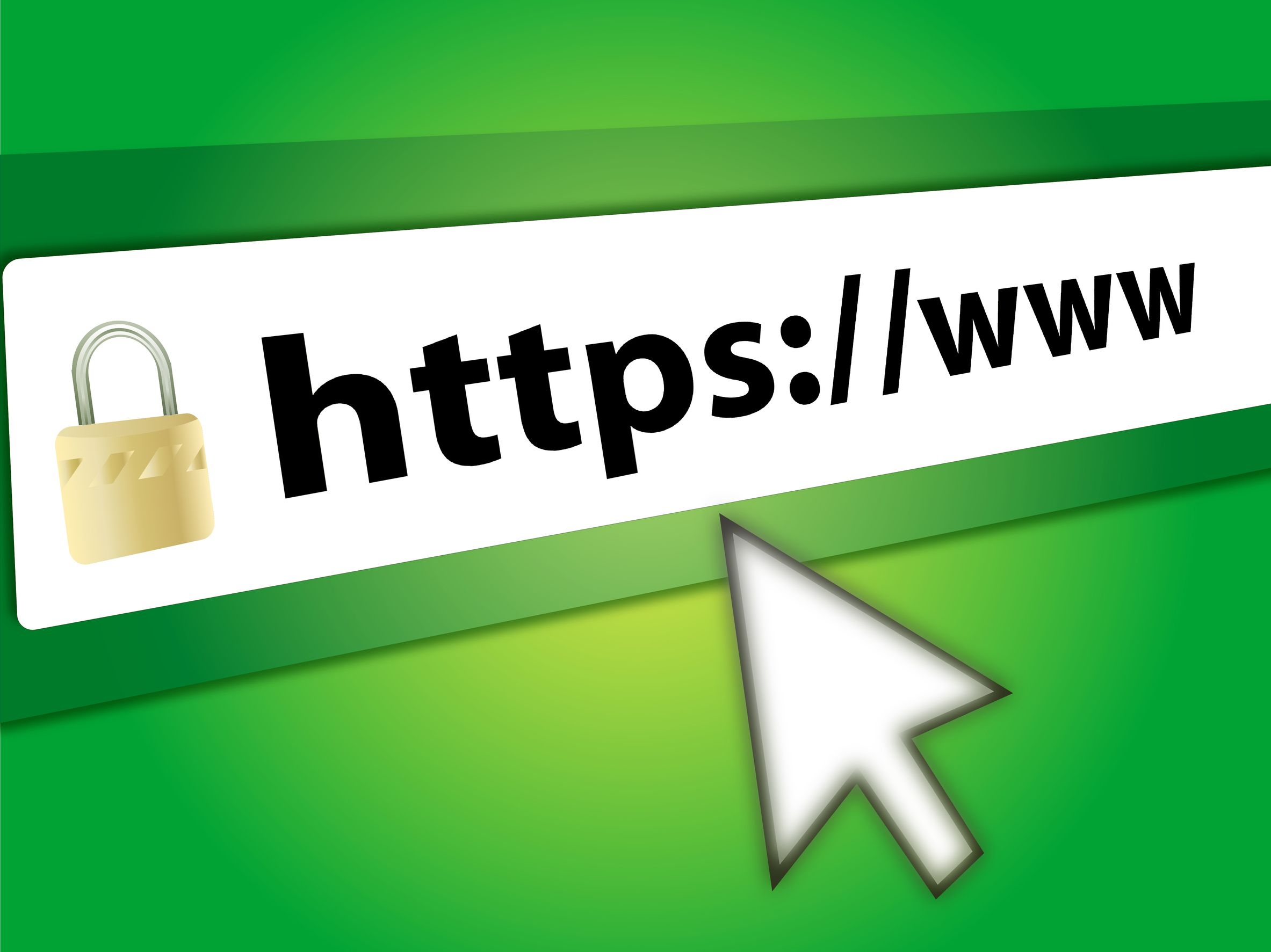Have you ever met someone for the first time and got the feeling something about them just wasn’t right? You couldn’t really put your finger on it; something about them just struck you as being off-putting.
This happens in ecommerce too.
Whether you start a furniture business, a music site, or any other online enterprise, you have topay attention to the way your site makes people feel. Often overlooked, emotional marketing and ecommerce go together like a hand and a glove.
Here are some examples.
Trust Is a Must

One of the primary things a user looks for when they arrive at your site for the first time is a sign it can be trusted.
Is your SSL certificate up to date? Does your URL feature have HTTPS prefix? Have you earned trust seals from recognized security firms such as McAfee and VeriSign? Have you achieved Better Business Bureau accreditation? Is your contact information available and easily located on the site? Do you have testimonials from past customers extolling the virtues of doing business with you?
These elements inspire trust in potential customers, which is key to conversions.
Inspire Reciprocity
When people give to us, we feel a need to give back to them. (Well, most of us anyway.) Seriously though, if you give your customers something of value, their subconscious will make them want to do something for you. This is known as the Principle of Reciprocity.
Free gift with purchase offers feed into this psychological phenomenon. So too does including surprise gifts when you ship orders. Loyalty programs are good for this as well. Rewarding customers for doing business with you makes them want to do so again and again and again.
Engaging in charitable contributions is another way to accomplish this, with the added advantage of appealing to the altruistic nature of most good-hearted people. When customers believe a portion of the money, they spend will go toward helping someone less fortunate, they get the joy of consuming while feeling they’ve helped someone else too.
Fear Is a Powerful Motivator
Limited time discounts and special offers tap into the fear of missing out. When anattractive offer has a definitive expiration, or you demonstrate something is available only in limited quantities, people act more swiftly.
If you start a furniture business with a very attractive limited time offer on a sofa set, many shoppers will take you up on it (if they need one), assuming the price or terms are enticing enough.
This is also why people line up at the doors of stores before the crack of dawn on “Black Friday.” They’re afraid they’ll miss out on deals that won’t be available any other day.
People Love Doing Business with People

Every effort you make to put a human face on your ecommerce business will be of benefit. Cold, faceless entities don’t touch people, but when you tug at their heartstrings, you’ll achieve good effect.
Rather than listing sterile facts about features in your product descriptions, weave storylines around the benefits those features provide. Use your About Us page to tell the story of your business—who you are, why you started it, what you’re trying to achieve with it and most importantly, why that benefits the customer.
This lets people get to know you on a personal level, so they can develop an affinity for who you are and what you’re working to accomplish. You’ll see a lot more business and shoppers will spread the word about you—because they feel good about you.
According to ecommerce platform provider Shopify, understanding human psychology is the key to understanding the decision-making processes. We’re all emotional people making mostly emotional decisions. While we might like to think otherwise when it comes to emotional marketing and ecommerce, our brains aren’t always as rational and logical as we’d like to believe.